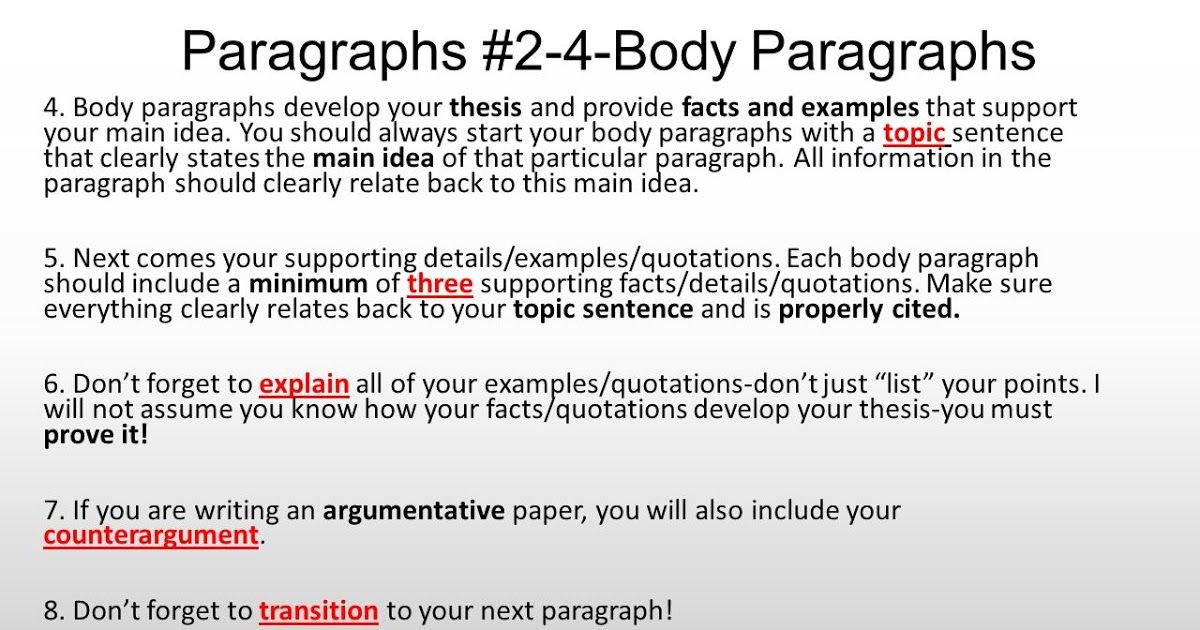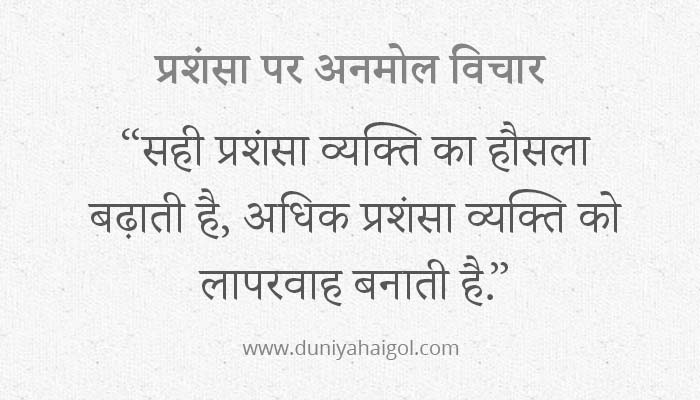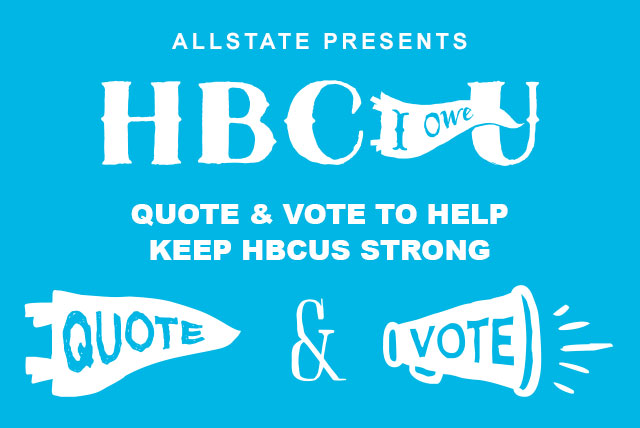Quotations quotation paragraphs sentences shortquotes quotationgoodideas finals
Table of Contents
Table of Contents
Do you struggle with starting a paragraph with a quote? It can be challenging to know when and how to use quotes effectively without sounding like you’re copying someone else’s work. In this blog post, we will discuss the best practices for starting a paragraph with a quote and how to make it effective. By the end of this article, you will have the knowledge and tools to use quotes correctly in your writing.
Pain Points of Starting a Paragraph with a Quote
Using quotes may seem like a simple task, but it can be quite challenging to make them sound natural and effective in your writing. Some pain points to starting a paragraph with a quote can include how to introduce it, where to place it, and how to make it flow with the rest of your writing. It’s essential to use quotes effectively and not rely too heavily on them. However, a well-placed quote can add depth and insight to your writing.
The Target of Starting a Paragraph with a Quote
Starting a paragraph with a quote should be used to provide evidence, support, or insight into the topic you’re discussing. It adds credibility to your writing and can enhance your argument. When using a quote, make sure it’s relevant to your point and fits well within your writing. A well-placed quote can grab your reader’s attention and make them more engaged in your writing.
Summary of Main Points
In summary, starting a paragraph with a quote can be challenging, but it can be a powerful tool in your writing. Some key points to consider when using quotes include selecting relevant quotes, introducing them appropriately, and making them flow seamlessly with the rest of your writing.
Personal Experience with Starting a Paragraph with a Quote
When I was in college, I struggled with using quotes in my writing. I would often use them as filler without much thought. However, once I learned how to use quotes effectively, I found that they added a new level of depth and insight to my writing. One thing I learned was to make sure the quote related to my topic and flowed seamlessly with the rest of my writing. By doing so, I found that my writing was more engaging and persuasive.
Effective Ways to Use Quotes in Your Writing
One of the most effective ways to use quotes in your writing is to provide specific evidence or support for your argument. Use quotes sparingly and avoid quoting entire passages when possible. Another way to use quotes is to introduce a new perspective or point of view from an expert in the field. Make sure to introduce the quote properly, so it flows naturally with the rest of your writing. 
When to Avoid Using Quotes
While quotes can be an effective tool in your writing, there are times when it’s best to avoid them. Avoid using quotes as filler or to meet word count requirements. Additionally, avoid using quotes that are too lengthy or don’t add value to your writing. As with anything, use your judgment and make sure that the quote adds value to your writing. 
How to Properly Introduce a Quote
When introducing a quote, make sure to give the author’s name and provide context for the quote. You can introduce the quote by using phrases such as “According to” or “As stated by.” By introducing the quote and author, you add credibility to your writing and make it clear where the quote is coming from. Additionally, make sure the quote is relevant to your topic and is used to support your argument. 
Using Quotes to Add Depth and Insight
Using quotes can add a new level of depth and insight to your writing. It can provide evidence, support your argument, and introduce new perspectives or points of view. When using quotes, make sure they’re relevant to your topic, properly introduced, and flow naturally with the rest of your writing. By doing so, you can make your writing more engaging and persuasive.
Question and Answer
Q: How do I make sure my quote is relevant?
A: To make sure that your quote is relevant, ask yourself if it supports your argument and provides evidence or insight into your topic. Additionally, make sure to introduce the quote with appropriate context and flow it naturally with the rest of your writing.
Q: How many quotes should I use in one paragraph?
A: It’s best to use one or two quotes per paragraph, to avoid overwhelming your writing with quotes. Make sure the quotes are relevant and add value to your writing.
Q: When should I use a block quote?
A: A block quote is used for quotes that are longer than four lines or 40 words. It should be indented on both sides and single-spaced.
Q: Can I paraphrase a quote instead of using the exact words?
A: Yes, you can paraphrase a quote, but make sure to give credit to the original source of the idea. Paraphrasing a quote can be useful in making the quote fit better with your writing or to avoid using overly complex language.
Conclusion of How To Start A Paragraph With A Quote
Starting a paragraph with a quote can add depth and insight to your writing. To effectively use quotes, make sure they’re relevant to your topic, properly introduced, and flow naturally with the rest of your writing. Use quotes sparingly and avoid using them as filler or to meet word count requirements. By using quotes effectively, you can make your writing more engaging and persuasive.
Gallery
Can You Start A Paragraph With A Quote - ShortQuotes.cc

Photo Credit by: bing.com / quotations quotation paragraphs sentences shortquotes quotationgoodideas finals
Can You Start A Paragraph With A Quote - ShortQuotes.cc

Photo Credit by: bing.com / paragraph paragraphs daring qoutes
004 How Many Sentences Are In Paragraph For An Essay Ap English

Photo Credit by: bing.com / paragraph sentences starting summarize college sentence summarizing paragraphs resumen thatsnotus history einleitungssatz language critique zusammenfassung persuasive worksheets contoh basico museumlegs
Can You Start A Paragraph With A Quote - ShortQuotes.cc

Photo Credit by: bing.com / paragraph someone paragraphs
Can You Start A Paragraph With A Quote - ShortQuotes.cc

Photo Credit by: bing.com / peel sentences shortquotes paragraphs quotation






